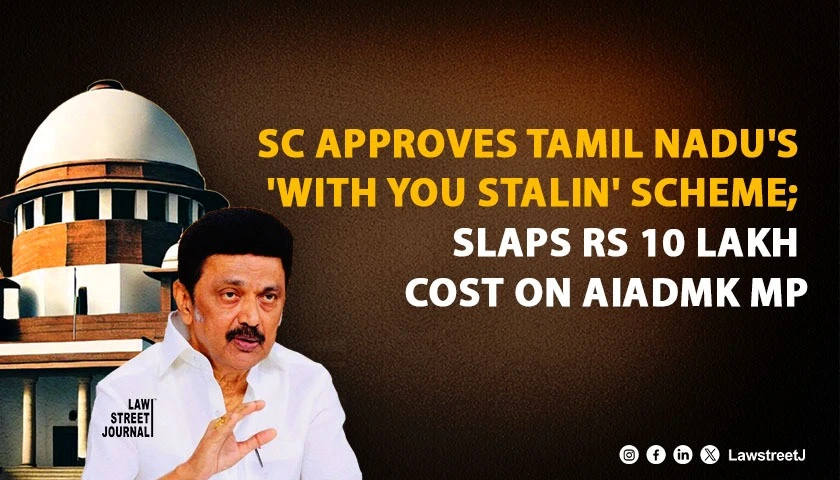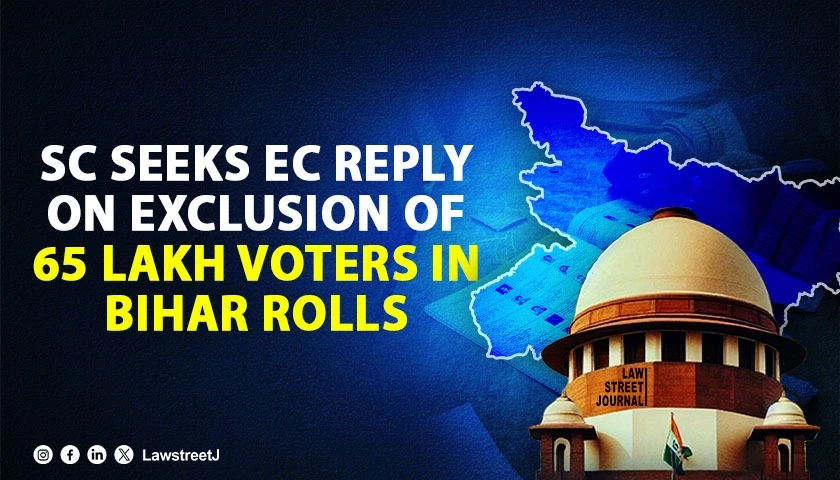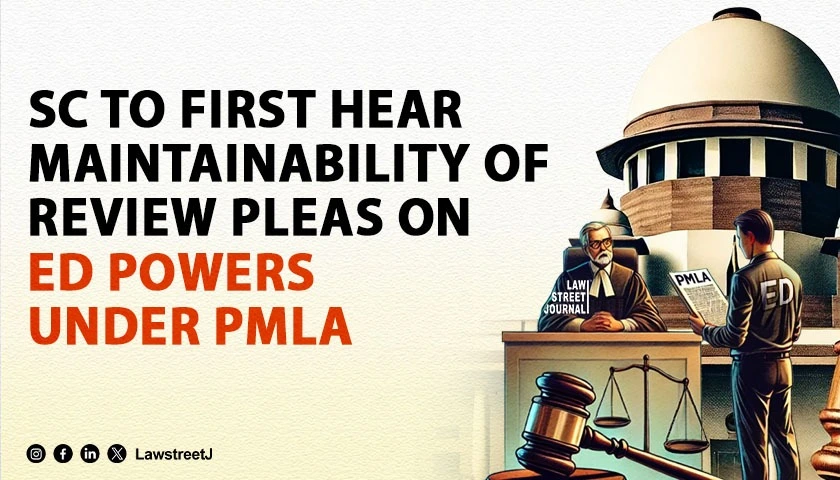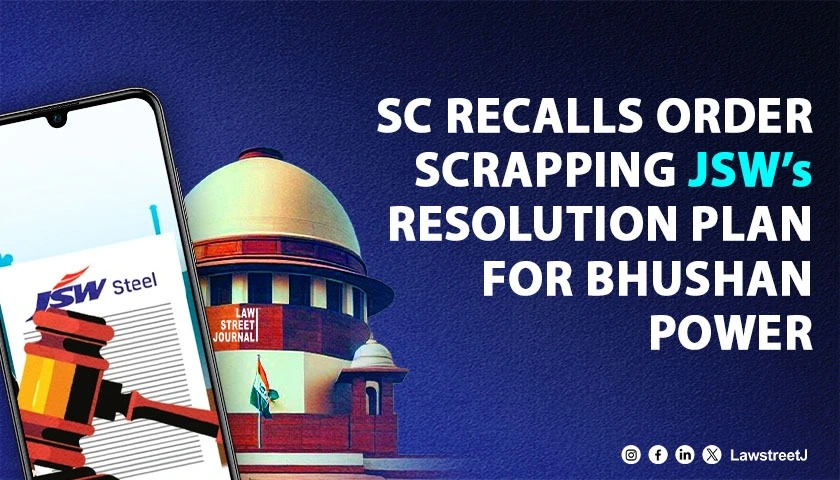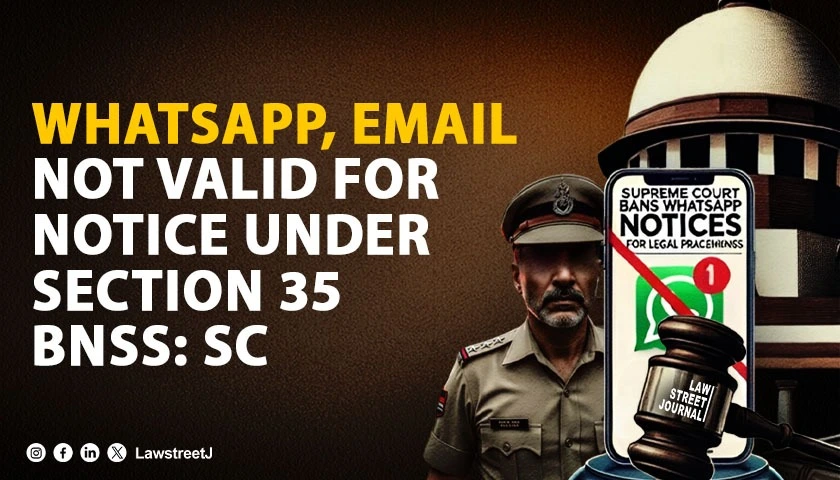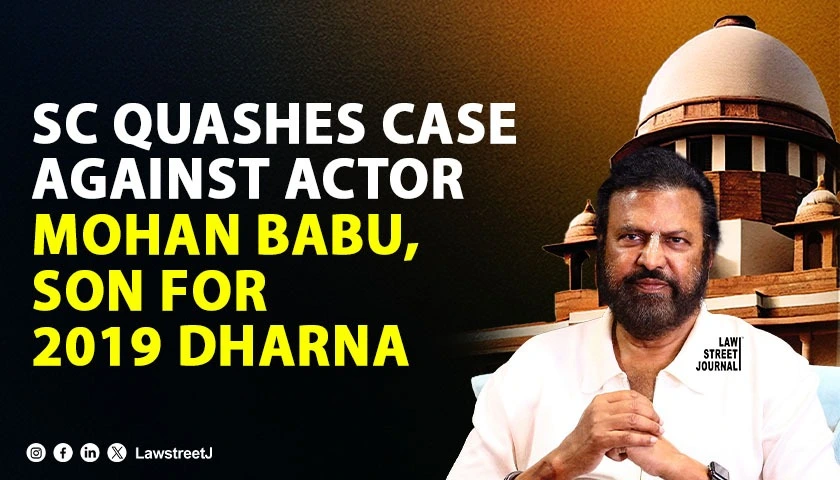NEW DELHI: The Supreme Court has rejected the Maharashtra government's plea seeking review of the May 5, 2021 judgement that had struck down a state law providing 12 to 13% quota for Maratha community.
The Maharashtra government, on its part, said it will file a curative petition in the Supreme Court and also set up a new commission to conduct a fresh survey to establish the community's backwardness,
The decision was reportedly taken at a meeting chaired by Chief Minister Eknath Shinde.
On April 11, a bench of Justices M R Shah, Sanjiv Khanna, B R Gavai, S Ravindra Bhat and V Ramasubramanian dismissed the state government's review petition.
The court also rejected the state government's application for open court hearing in the matter.
The court's decision was taken inside the judges chamber as per the Supreme Court Rules with regard to review petitions.
In its order, the bench said, "Having carefully gone through the review petitions, the judgement under challenge and the papers annexed therewith, we are satisfied that there is no error apparent on the face of the record, warranting reconsideration of the judgement impugned."
The Supreme Court had earlier dismissed a similar review petition filed by the Centre to reconsider the May 5, 2021 judgement.
The Centre had then questioned the decision which also deprived States of their power to declare OBCs for the purpose of reservation in jobs and education. The court had then conferred the President with the sole power to identify a community as backward.
The court had then upheld the validity of 102 Amendment, giving constitutional rights to National Commission for Backward Classes. The court had also declared that Sates do not have the power to prepare lists for socially and educationally backward classes.
In its judgement, the court had struck down the Maharashtra Socially and Educationally Backward Classes (SEBC) Act, 2018, for having breached the 50% cap fixed by a nine-judge bench in 1992 in Indra Sawhney case (Mandal Commission).
It had also found no "exceptional circumstances" or "extraordinary situation" to allow 12-13% quota for the Maratha community.

![SC rejects Maha govt's plea to reconsider judgement quashing Maratha quota [Read Order]](/secure/uploads/2023/04/lj_7884_25664113-f520-4170-b2ec-ef61d20d0f86.jpg)

